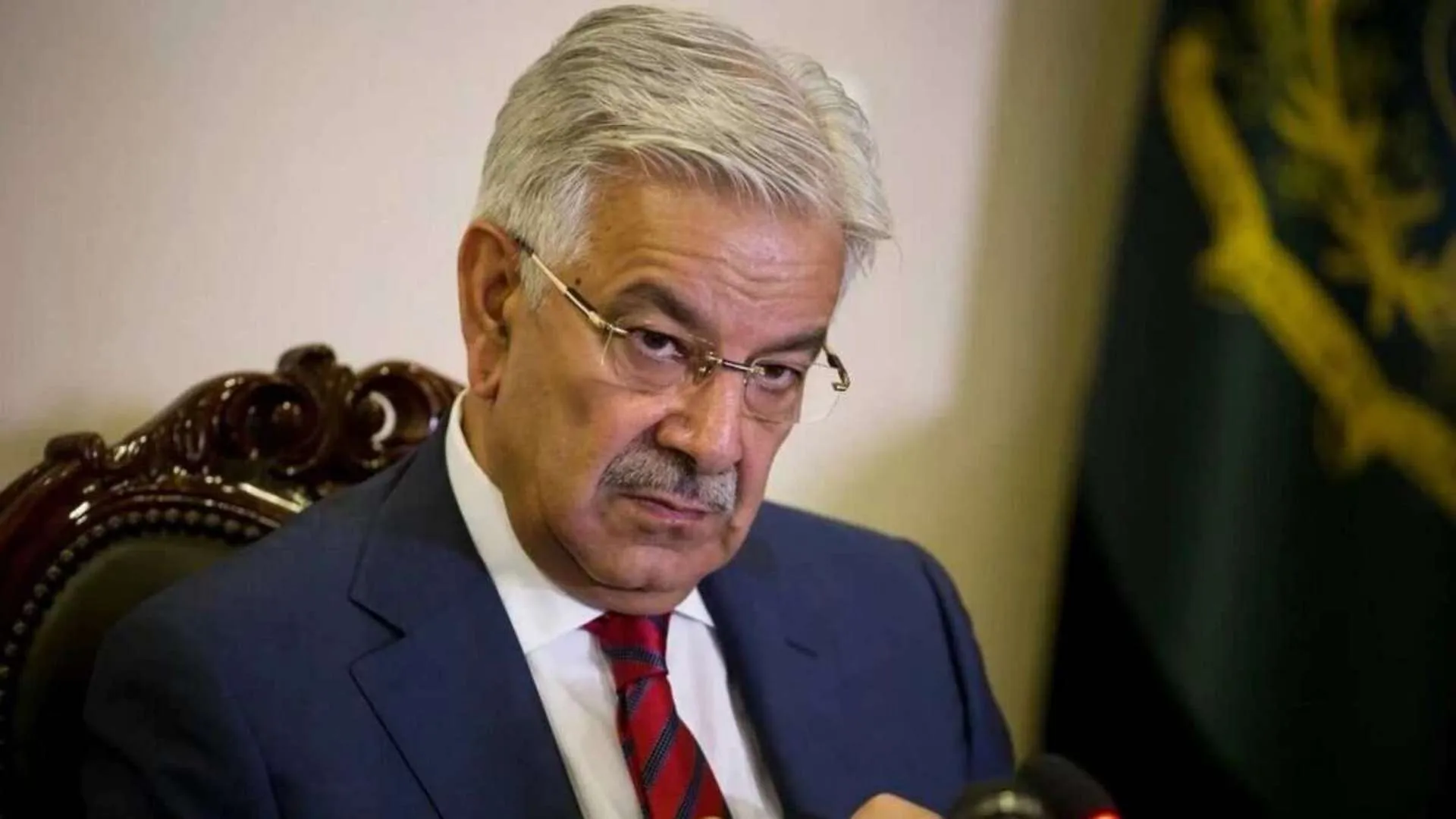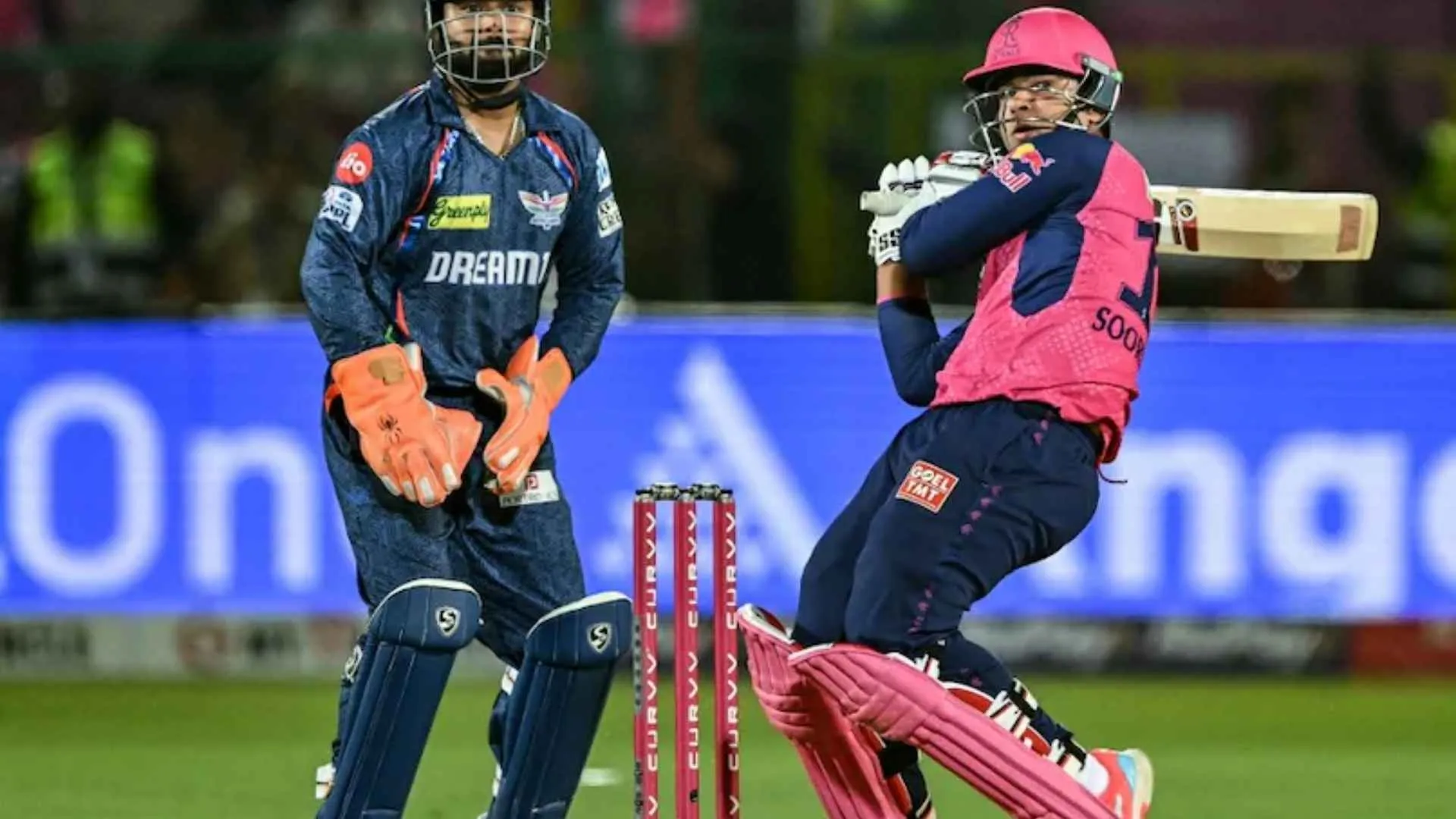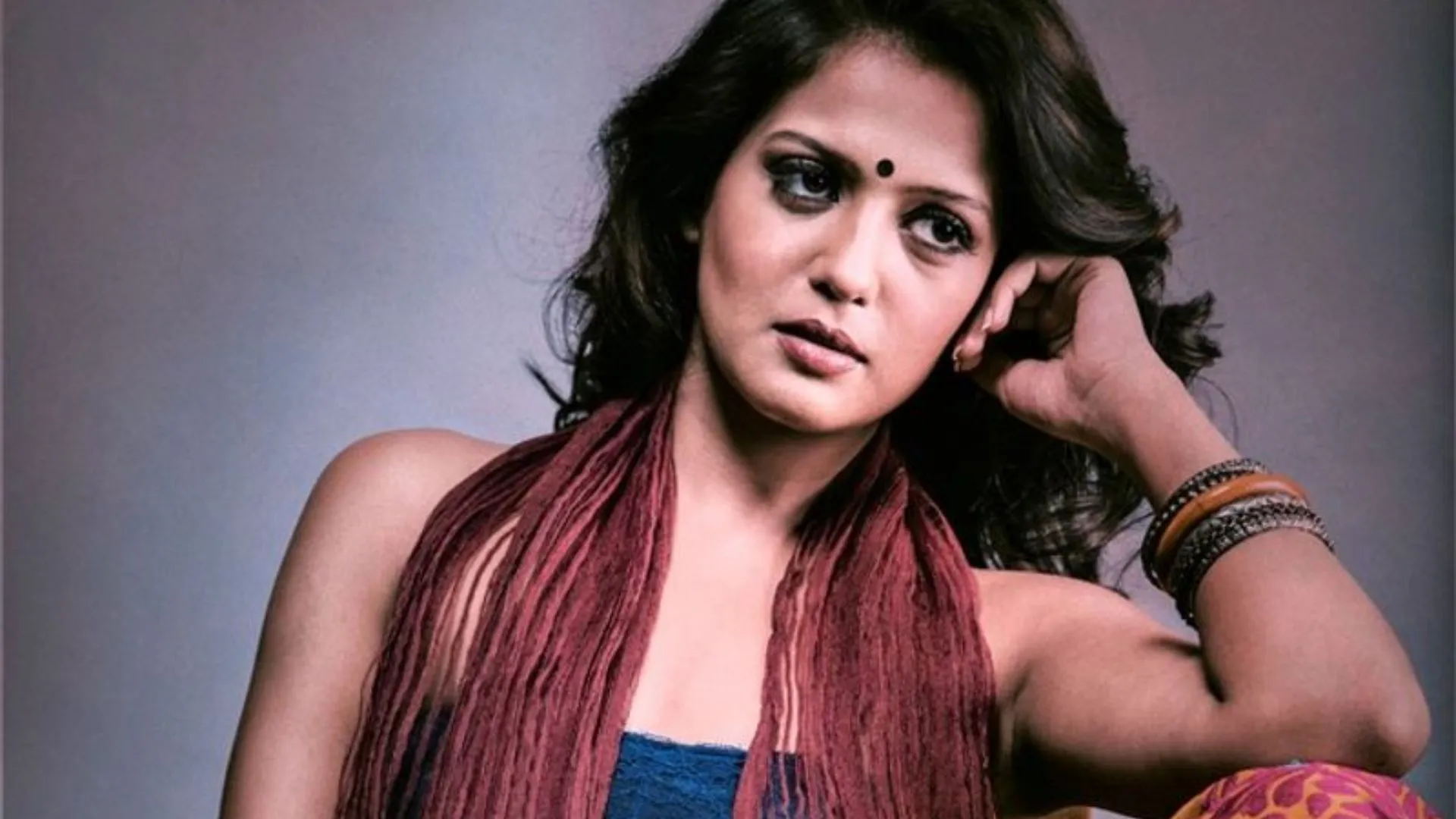Renowned industrialist and philanthropist Ratan Tata passed away at the age of 86 at Mumbai’s Breach Candy Hospital on October 9. Tata, widely admired for his visionary leadership, played a transformative role in the Tata Group and left a profound impact on Indian industry and society through his commitment to social responsibility. Maharashtra announced that Tata would be honored with a state funeral.
On Thursday morning, his body was transported in a hearse adorned with white flowers from his residence to the National Centre for the Performing Arts (NCPA) in south Mumbai. There, the public had the opportunity to pay their respects before his final rites were performed at the Worli Crematorium.
In a statement, Tata Trust confirmed that his final journey would begin at 4 p.m. The decision to hold the funeral at the crematorium reflects evolving practices within the Parsi community, where an increasing number of families are opting for cremation instead of the traditional sky burial at the Tower of Silence.
Ratan Tata’s Parsi Heritage
Ratan Tata, a prominent figure in the Parsi community, was deeply connected to Zoroastrianism, one of India’s smallest yet most influential religious minorities. Numerous Parsi organizations expressed their condolences, highlighting his contributions to the community. The Zoroastrian Return to Roots Program, a cultural initiative supported by Tata, remembered him as a humble and philanthropic role model for young Parsi-Zoroastrians.
Parsi Khabar, a notable community publication, paid tribute to Tata, emphasizing that he embodied the core values of his Parsi heritage—kindness, integrity, and a deep commitment to the teachings of Zoroastrianism.
The Change In Tradition
Traditionally, the Parsi community practiced “sky burials” in which the deceased were placed in a Tower of Silence (Dakhma) and left exposed to the elements and scavenger birds. However, a significant decline in the vulture population has led to a gradual shift in burial practices. Increasingly, Parsis are choosing cremation over the conventional method.
The Worli municipal crematorium’s Prayer Hall, established for Parsi-Zoroastrians who prefer cremation, has seen a rise in use over the years. According to reports, the percentage of Parsis opting for cremation in Mumbai has risen from 7-8% to nearly 15-20%, despite opposition from more orthodox members of the community.
Also Read: Ratna for Ratan Tata: From The 2006 Singur Controversy To Residents Now Calling For Bharat Ratna






















